Playing a druid is good, straightforward fun. If you’ve played Magic: the Gathering before — and hold on to that thought, because we’ll be discussing another concept from there soon — the druid class is fairly similar to playing Green. It focuses on big creatures, has a natural affinity for beast cards, and also includes several options for plenty of card draw — meaning that it’s possible to build a druid milling deck later on.
If you’re just getting started in Hearthstone or would like to see what the druid class has to offer before spending your precious dust crafting cards for it, this basic druid deck is a solid choice! Like the basic mage deck we’ve previously written a guide for, this decklist comes from notable player Sheng. As ever, our guide assumes that you’ve levelled the class to 10 and thus have the full set of basic cards available. This can be done pretty painlessly by playing the AI or dipping your toes into casual play.
The fun part about this basic druid deck is that with a little patience and a little luck, you can completely blow your opponents out of the water fairly early into the match. Your mana ramping will stretch control decks to their limit trying to shut you down early on, and aggressive decks will have trouble keeping up with your higher mana pool.
First, what’s ramping?
Ramping is a term that has made its way to Hearthstone from Magic: The Gathering. It refers to ‘ramping up’ what you can do and play each term by increasing the amount of mana you have — at a rate that beats your opponent’s mana gain. The more options you have during each turn, the better, after all!
The Decklist

There are a couple of huge hitters in this deck. Ordinarily, that might be a bit of a worry, but the mana ramping present in this deck ensures that they can be played in a timely manner. If you aren’t lucky enough to draw your key cards early on, then there are plenty of smaller creatures included too! Of course, more and earlier mana means that you’ll be able to play more minions each turn, making it difficult for other decks to keep up. In saying that, it’s always wise to keep something in reserve — your opponent’s removal cards can change the tide of the game in their direction if you over-commit.
Shapeshift is a nifty hero power with a lot of utility value. Each use gives you 1 attack (think of it as a 1/1 weapon) that lasts until the end of the turn, and 1 armor which stays until used. This allows you to pick off weaker minions. On the surface it sounds like a better version of the mage’s hero power, but Shapeshift involves your hero directly. This means that you’ll take damage from the minions you attack — mitigated to varying degrees by your armor.
Minions
Some stalwarts of the basic set are back: the Acidic Swamp Ooze, the Bloodfen Raptor, and the Chillwind Yeti. The Ironfur Grizzly and Sen’jin Shieldmasta are also included, giving you plenty of chances to use Taunt. Of the two, the Sen’jin Shieldmasta’s 5 life makes it the preferable option, as it is able to survive a Flamestrike and other forms of group removal.
Kobold Geomancer makes the cut because of its synergy with Swipe. As he’s a fairly lacklustre 2/2, it’s best to save him right up until it’s time to use Swipe. If you need to put him down early, his survivability can be increased by tucking him away behind an Ironfur Grizzly or buffing him with Mark of the Wild — though this might make him too tempting a target for your opponent. Outside of that, its use is fairly situational, which is why there’s only one in this deck.
The high burn rate of cards that this deck encourages means that some drawing options are vital. In terms of minions, the Gnomish Inventor serves as this. Her 4 health allows her to make multiple trades with weaker minions, which can help shut down a late game comeback from your opponent.



Your biggest, baddest minion is the Ironbark Protector. At 8 mana, he’s an 8/8 that also comes with taunt, meaning that it will most likely cost your opponent several minions to remove. It’s best played once you’re confident that cards like Hex, Polymorph, and Shadow Word: Death are out of play. Otherwise, it’s a magnet for these.



Spells
Innervate is a souped-up answer to The Coin. For 0 mana, it gives you 2 mana crystals for a single turn. Ordinarily, 0 mana cards provide too little value to merit inclusion in a deck. Innervate is possibly that rule’s best exception — with it in hand, you could have a Chillwind Yeti out on turn 2 or a Boulderfist Ogre on turn 4. There aren’t many decks that can deal with a threat like them so early on.


Wild Growth operates in a similar vein, and is best played during the earliest turns of a game. Its absolute best condition is being played in conjunction with a Coin on your first turn. It can be played later in the game to generate a card called Excess Mana, which will allow you to draw a card, meaning that it has use beyond the early game. Starfire is great for direct damage, so it can be used to take out a stronger minion or deal game-winning damage. Its card draw, very much needed for this deck, makes it comparable to the paladin’s Hammer of Wrath.



Claw is another direct damage card that can be used to complement use of your hero power, and should only be played to remove a minion or when it is vital for lethal damage. It should never be used on turn 1 to simply scratch at your opponent’s face. Combined with the inexpensive Mark of the Wild on a minion, you can add 4 extra damage to your turn — enough to make a serious difference in the late part of the game.
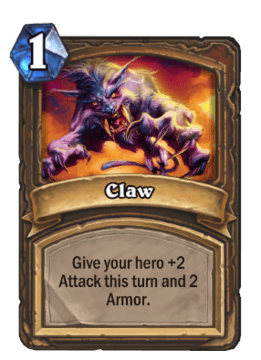

Upgrades
There are plenty of juicy cards outside the basic set for the druid to make use of. For this basic druid deck, Azure Drake is perhaps your first and highest priority. It replaces your Kobold Geomancer as well as a Gnomish Inventor and provides both spell damage and card draw, all in a 4/4 package.
The Bloodfen Raptor can be swapped out in favor of the Anodized Robo Cub. It’s a great little card that you can adapt to the board by choosing whether it is a 2/3 or a 3/2. Faerie Dragon is also a removal-resistant upgrade.



Nourish is a versatile card that allows you to either gain mana crystals or draw cards. If you’re fond of gambling, it could be run in a deck with Astral Communion for a swift recovery from this risky move.


If you have any big, bad, legendaries, they’re perfect for replacing your Boulderfist Ogre and Ironbark Protector. In particular, Aviana stands out here — while she is on the board, all of your minions only cost 1 mana. More budget-friendly alternatives include the Mech-Bear-Cat and Sunwalker. Ancient of Lore and Ancient of War are epic — in reference to both their rarity and their value — choices that are exclusive to the druid class.



The Darnassus Aspirant and Savage Combatant are two of the strongest cards the druid has received through The Grand Tournament. The former sets you ahead an extra mana crystal while alive, and the latter gives you a temporary +2 attack when inspired, meaning that your hero power will effectively give you +3 attack when used. Combined with Claw, your druid can do some serious removal without sacrificing board presence.


Conclusion
Of the classes covered so far, the basic druid decks offers perhaps the most straightforward playstyle — play big creatures before your opponent can react to them. Their ability to ramp up their mana gives them plenty of options for upset victories. Their only drawback is that the big hits and exciting matches the druid seems to attract can make other Hearthstone classes seem dull by comparison!

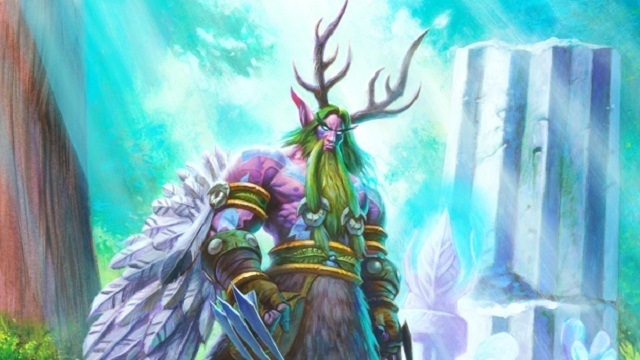
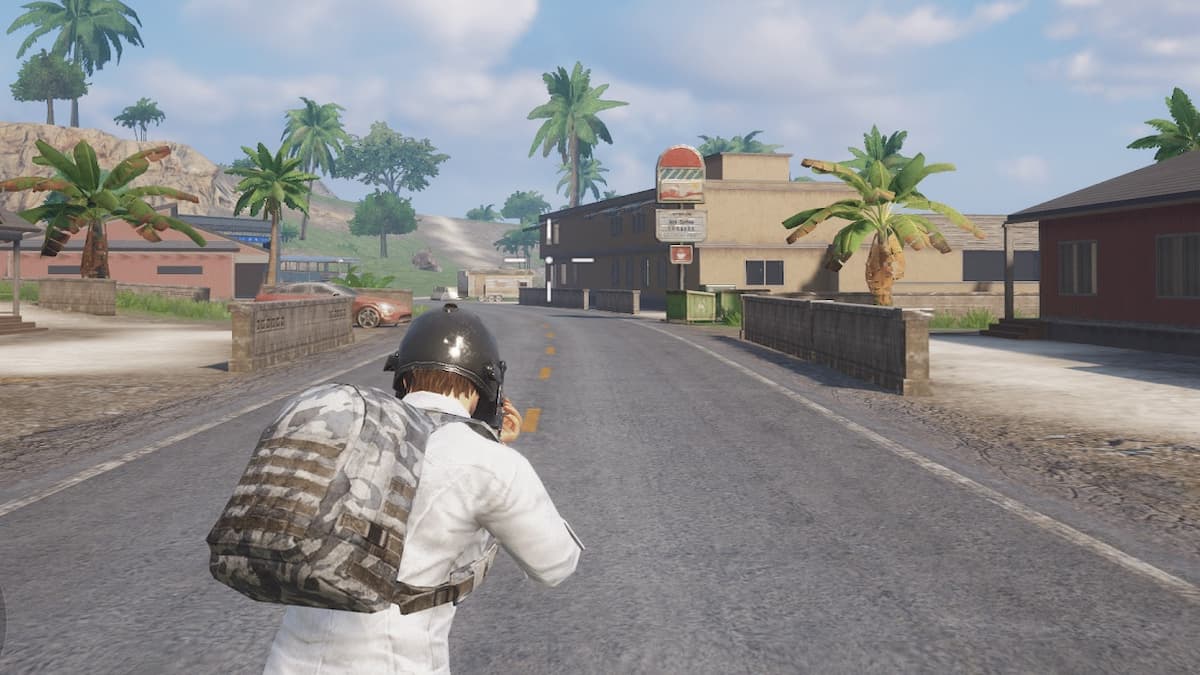
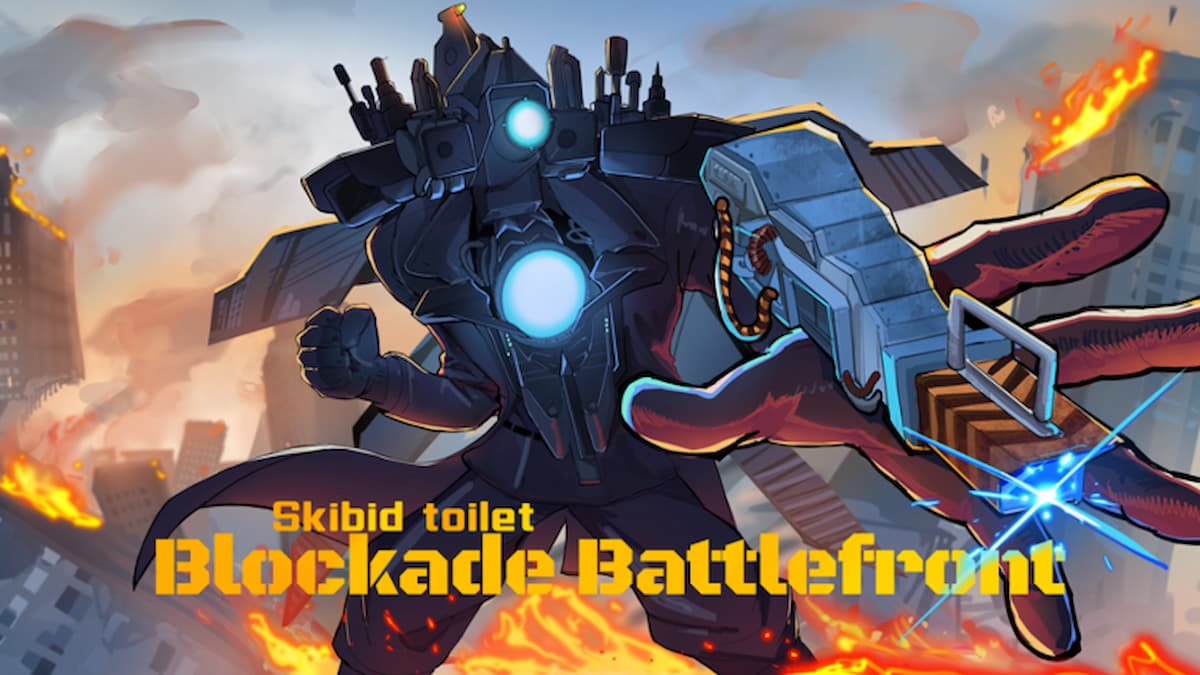
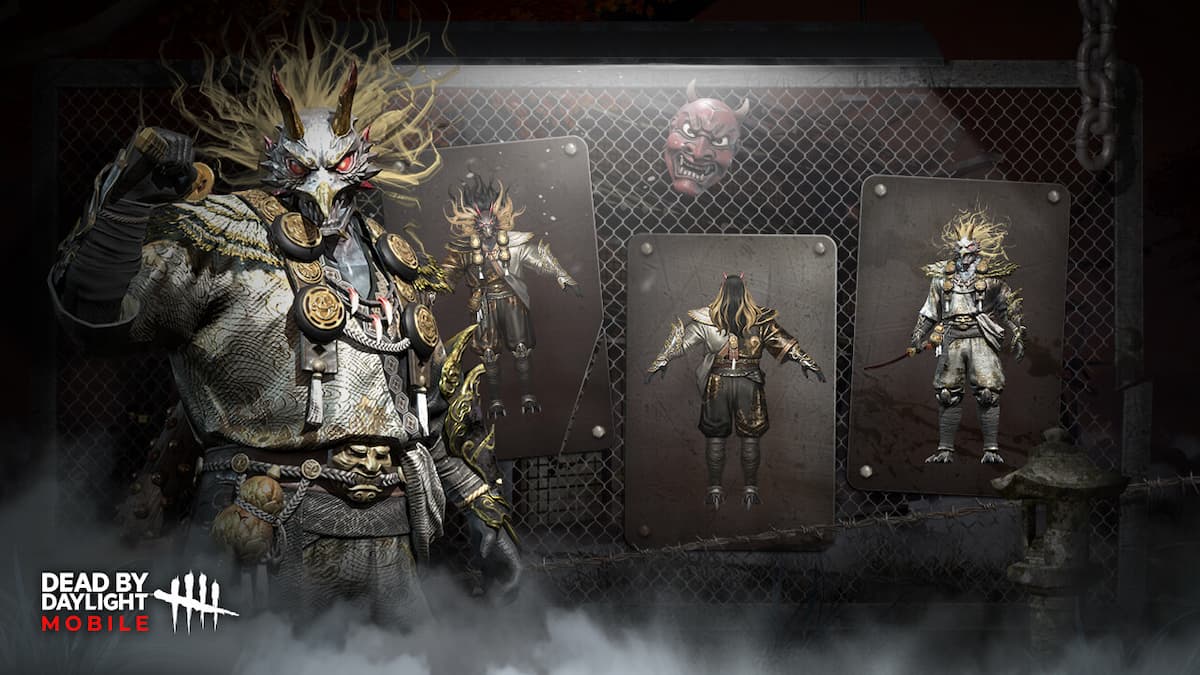
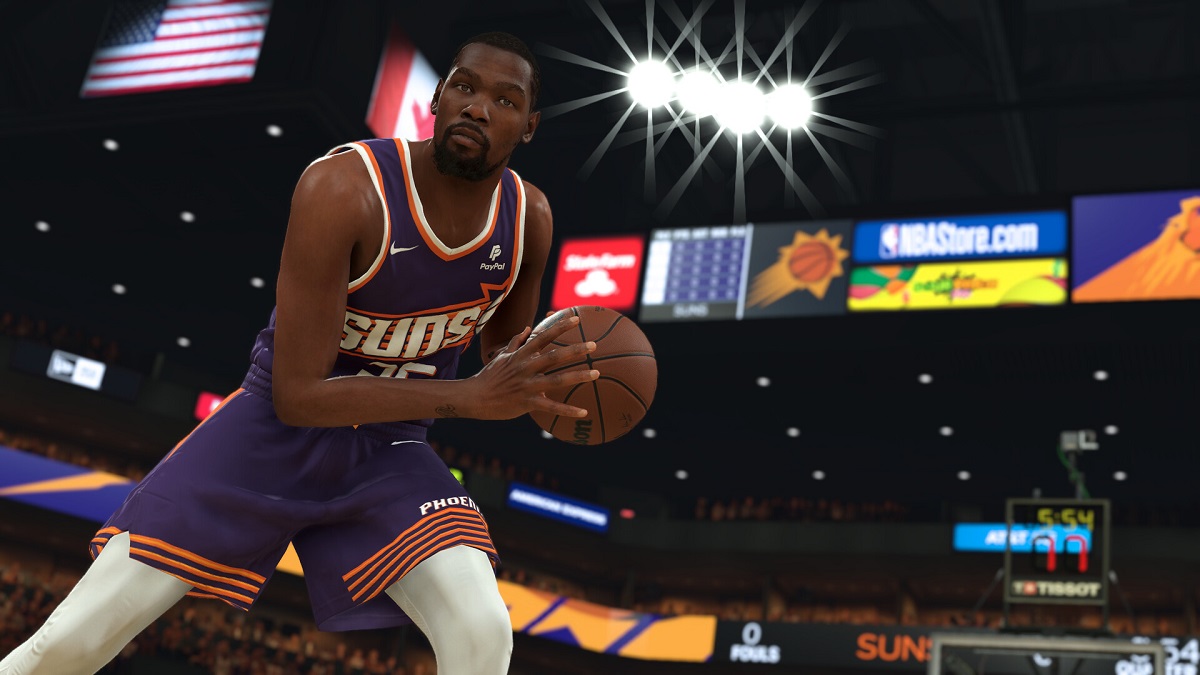

Published: Oct 5, 2015 06:13 am